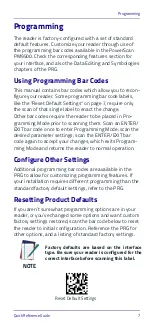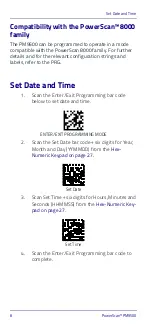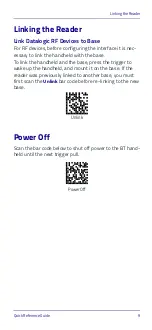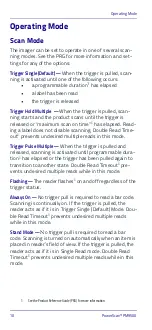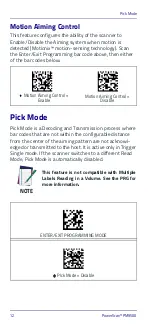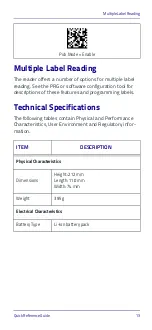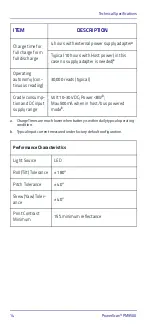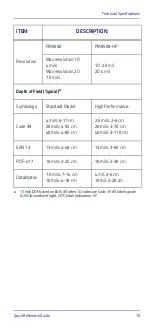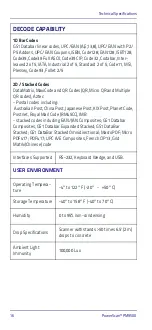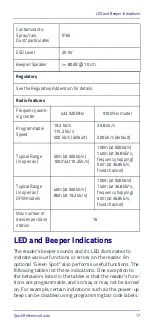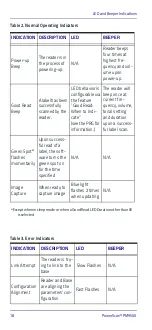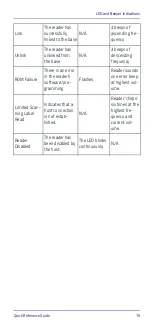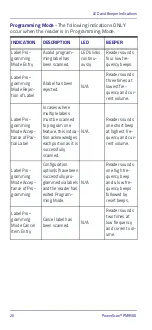
Installing the Battery Pack
Quick Reference Guide
5
As with other types of batteries, Lithium-Ion (LI) batteries
will lose capacity over time. Capacity deterioration is
noticeable after one year of service whether the battery is
in use or not. It is difficult to precisely predict the finite life
of a LI battery, but cell manufacturers rate them at 500
charge cycles. In other words, the batteries should be
expected to take 500 full discharge / charge cycles before
needing replacement. This number is higher if partial dis-
charging / recharging is adhered to rather than full / deep
discharging.
The typical manufacturer advertised useful life of LI bat-
teries is one to three years, depending on usage and num-
ber of charges, etc., after which they should be removed
from service, especially in mission critical applications. Do
not continue to use a battery that is showing excessive
loss of capacity, it should be properly recycled / disposed
of and replaced. For most applications, batteries should
be replaced after one year of service to maintain customer
satisfaction and minimize safety concerns.
Collect and recycle waste batteries separately from the
device in comply with European Directive 2006/66/EC,
2011/65/EU, 2002/96/EC, 2012/19/EU, and subsequent
modifications, US and China regulatory and others laws
and regulations about the environment.
CAUTION
Do not replace the battery pack when the
device is turned on.
Do not remove or damage the battery pack’s
label.
Do not use the battery pack if it is damaged
in any part. Battery pack usage by children
should be supervised.
Summary of Contents for PowerScan PM9500
Page 4: ...ii PowerScan PBT9500 NOTES...
Page 10: ...Software Product Policy viii PowerScan PM9500 NOTES...
Page 38: ...Hex Numeric Keypad 28 PowerScan PM9500 Hex Numeric Keypad continued 5 6 7 8 9...
Page 39: ...Hex Numeric Keypad Quick Reference Guide 29 Hex Numeric Keypad continued A B C D E F...

















